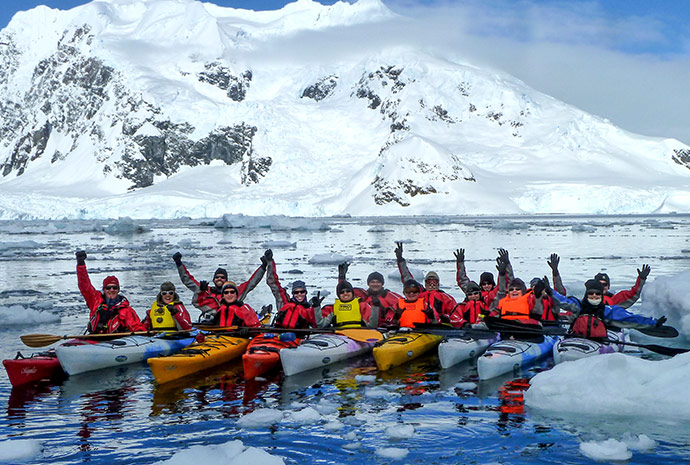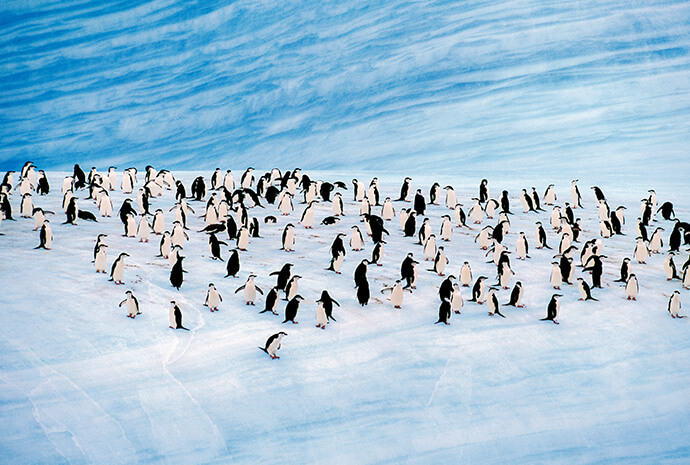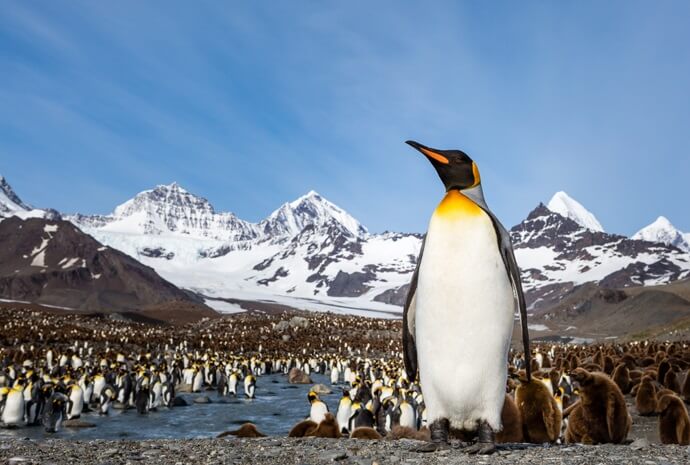
Antarctica Holiday Information
Antarctica is the last great wilderness on earth, a place where spectacular icebergs seem to reflect every hue of blue imaginable.
Come face to face with whales on a cruise to Antarctica, sometimes close enough to smell their fishy breath, and be awestruck by ancient glaciers covered with a carpet of penguins as far as the eye can see.
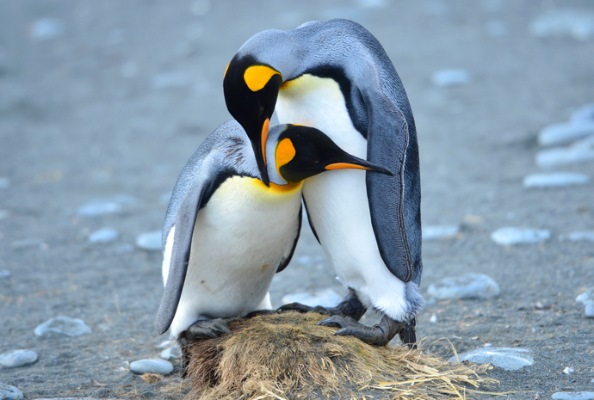
WILDFOOT Wildlife & Adventure Specialist
Lines are open from 9am -5.30pm
Monday - Friday

Simon Rowland
Managing Director
Discover Antarctica Up Close
The Antarctic Peninsula and the South Shetland Islands are less than two days’ sailing across the Drake Passage from mainland South America and Ushuaia, the southernmost town in Argentina. The Drake Passage is named after the 16th century British explorer, Sir Francis Drake. It is one of the most notorious stretches of water in the world, where the relatively warm waters of the Atlantic meet the colder waters of the Southern Ocean. Weather here is unpredictable and the sea can be calm or whipped up to gale force, even in the summer months. Crossing the passage can be a memorable adventure in its own right.
The Peninsula has relatively mild weather conditions with temperatures as high as 15 degrees Celsius and, in the summer, up to 24 hours daylight. This mild climate, combined with rich, cold seas, leads to a proliferation of wildlife in the spring and summer months with countless birds, pinnipeds and cetaceans taking advantage of the wealth of food resources from the sea.
View Trips All Antarctica Route OptionsLast Minute WILDFOOT Latest Deals
Antarctica Classic
Up To 20% Discount!*
Book select departures by 30th April and receive up to 20% discount off select cabins!
*If booked by 1st May 2024
From Price £5,999
Antarctica Wildlife
Antarctica offers fantastic possibilities for viewing wildlife. Whales and dolphins can be seen in all the region’s waters and, for those sailing out of the Beagle Channel, the first will be encountered during the Drake Passage crossing. There are good chances of seeing whales at any time, but later in the season, more can be found as they come south to feed. Penguins are Antarctica’s iconic birds and several varieties can be found on land, on the ice and often swimming miles from anywhere. Apart from penguins, the region is a birdwatcher’s paradise, with scores of rare and even unique species.
More information about Antarctica wildlife can be found on our wildlife pages and also on the British Antarctic Survey website
Learn more
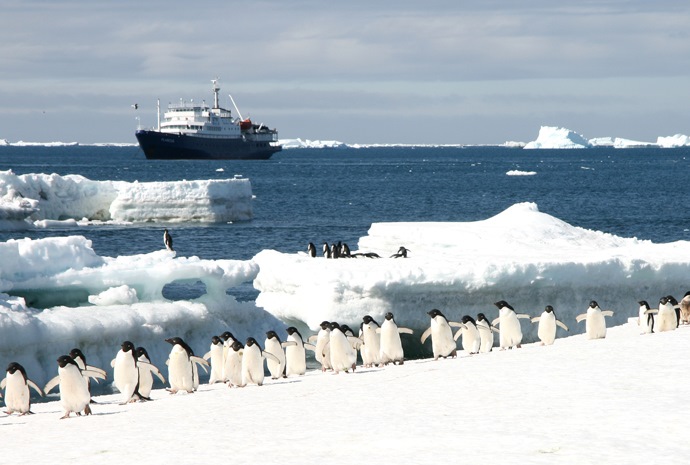
Watch our Antarctica Cruise Video
PlayActivities, Adventure & Excursions
The more adventurous of you may want to enjoy the Antarctic in a more personal and 'up-close' manner. If you fall into this category, then we offer the following Antarctic excursions:
- Sea Kayaking in Antarctica
- Scuba Diving in Antarctica
- Camping in Antarctica
- Antarctic Shore Excursions
- Antarctic Photography Excursions
- Antarctic Group Excursions
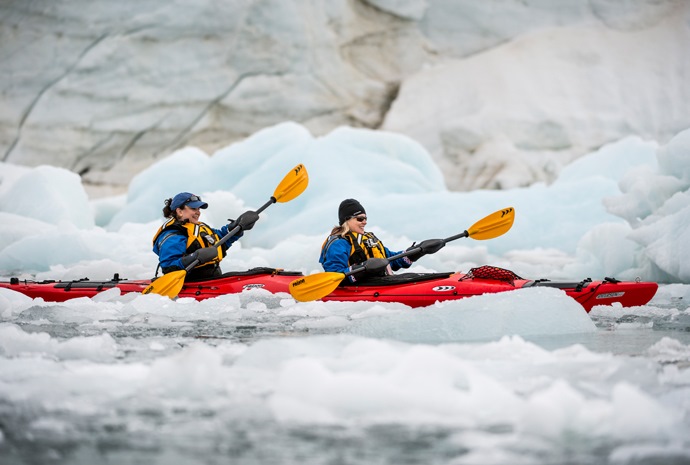
Antarctica Expeditions
Our vast experience in the Antarctic cruise and expedition market enables us to provide you with the information you require before you start your adventure. Read our 'Essential Information' section which offers a complete guide to create the perfect Antarctic expedition. If you want to know about what you can expect during A 'Typical' Day On Board, please read our 'Life on Board' section.
Essential Info
Life on board
Luxury
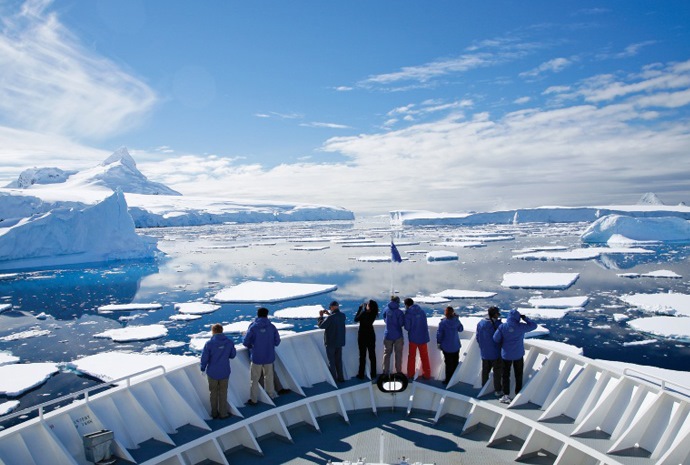
What Our Customers
Say...
Superlatives abound – a truly amazing experience...awesome. Thanks to all for making it such a memorable experience.
We had the time of our lives on board ship...if anybody wants to go to Antarctica, we will certainly advise to go with you.
The best way to describe the entire experience. 1. Top rate service...we would not hesitate to recommend you to others and use you again.
Thank you and your team for arranging what was a fantastic holiday in Argentina...Iguazu falls was exceptional with our guide knowing an awful lot about the falls and the wildlife. Could go on forever, but had better stop.
I’m sure you get plenty of compliments, but I just wanted to follow up by telling you what a great time we had...If we are planning on one of the other regions you serve, we’ll definitely be in touch!
I wanted to drop you a note to say a big “THANK YOU” for all your organizing of my travel arrangements and the holiday itself. Everything flowed perfectly. The holiday was breath-taking and is hard to express in words...
It was even better than I expected, so I am grateful that you made the call (back). I will certainly recommend your services
Thanks again for helping me select the best trip and for all your help with the admin and my questions along the way, it all made for an even better experience.
Thank you for all your help. Great service, very efficient, flexible...We feel looked after when setting off into the unknown. I feel it is my duty to tell fellow travellers and birders/photographers how good you are!
Antarctic Explorers
- Cook, 1770-1775: Circumnavigated Antarctica and crossed the Antarctic Circle three times.
- Palmer and Powell, 1820: Mapped and explored the South Shetland Islands and the South Orkney Islands.
- Bellingshausen, 1819-1821: Second man to circumnavigate Antarctica.
- Weddell, 1820-1824: Reached a new record south, to later have the Weddell Sea named after him.
- Biscoe, 1830-1832: Explored the coast of the Antarctic Peninsula.
- D’Urville, 1837- 1840: The first to sail to the continent from Europe.
- Wilkes, 1838-1841: The first investigator to insist Antarctica was a continent.
- Ross, 1839-1843: Discovered an enormous cliff of ice, with walls up to 60 metres above the sea, later called the Ross Ice Shelf.
- De Gerlache, 1897: Ship became imprisoned in the ice, the first winter humans spent in Antarctica.
- Scott’s Discovery Expedition, 1901.
- Shackleton’s Nimrod Expedition, 1908-1909: Managed to reach a point within 180 kms of the pole.
- Amundsen, 1910: Reached the South Pole on December 14, 1911.
- Scott’s Terra Nova Expedition, 1910: Reached the South Pole on January 17, 1912, to find Amundsen had beaten them by 33 days.
- Shackelton’s Endurance Expedition, 1914: After their boat sank, Shackleton and his men lived on the floating pack-ice for 5 months, but not one soul was lost.
Antarctic Treaty
There are few places on Earth where there has never been war, where the environment is fully protected, and where scientific research has priority. The whole of the Antarctic continent is like this. A land which the Antarctic Treaty parties call a natural reserve, devoted to peace and science.
The Treaty covers the area south of 60°S latitude. Its objectives are simple yet unique in international relations.
They are:
- To demilitarise Antarctica, to establish it as a zone free of nuclear tests and the disposal of radioactive waste, and to ensure that it is used for peaceful purposes only;
- To promote international scientific cooperation in Antarctica;
- To set aside disputes over territorial sovereignty.
The treaty remains in force indefinitely. The success of the treaty has been the growth in membership. Forty six countries, comprising around 80% of the world’s population, have acceded to it. Consultative (voting) status is open to all countries who have demonstrated their commitment to the Antarctic by conducting significant research.
With the signing of the Protocol of Environmental Protection to the Antarctic Treaty it is hoped that Antarctica will remain a wonder for those who set foot there, a dream for those who have yet to venture there and a source of inspiration and hope for humans. The Antarctic Treaty came into force on 23 June 1961 after ratification by the twelve countries then active in Antarctic science.
More information on Antarctica and the Antarctic Treaty can be found online on the website of the British Antarctic Survey
Antarctica - Quick Facts
- Geographic Size: 14,000,000 sq. kilometres
- Contains nearly 70% of the world’s fresh water
- Has the highest average elevation of all continents, around 2,250 metres (mainly due to the thick layer of ice)
Further information on Antarctica can be found on Wikipedia and a number of other online sources, including the British Antarctic Survey Website
View Trips
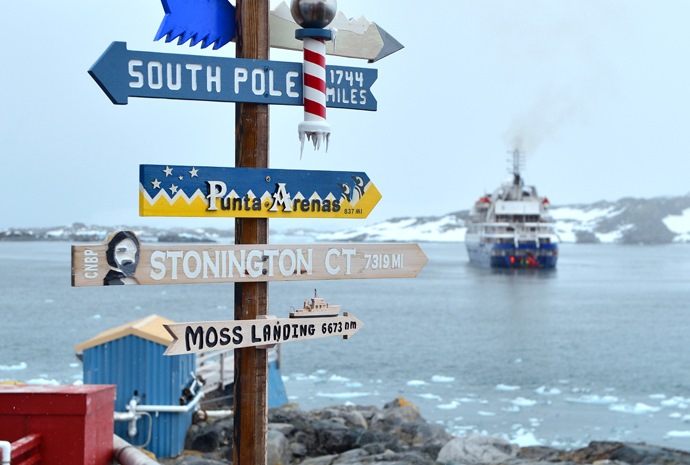
Sign up for our free newsletter
Please enter your email address using the fields below to receive all of the latest news and offers!
Members of The Adventure Travel Trade Association
WILDFOOT are proud to be members of ATTA. The ATTA community put effort towards nurturing, protecting and professionalizing the sustainable development of the adventure travel industry.
